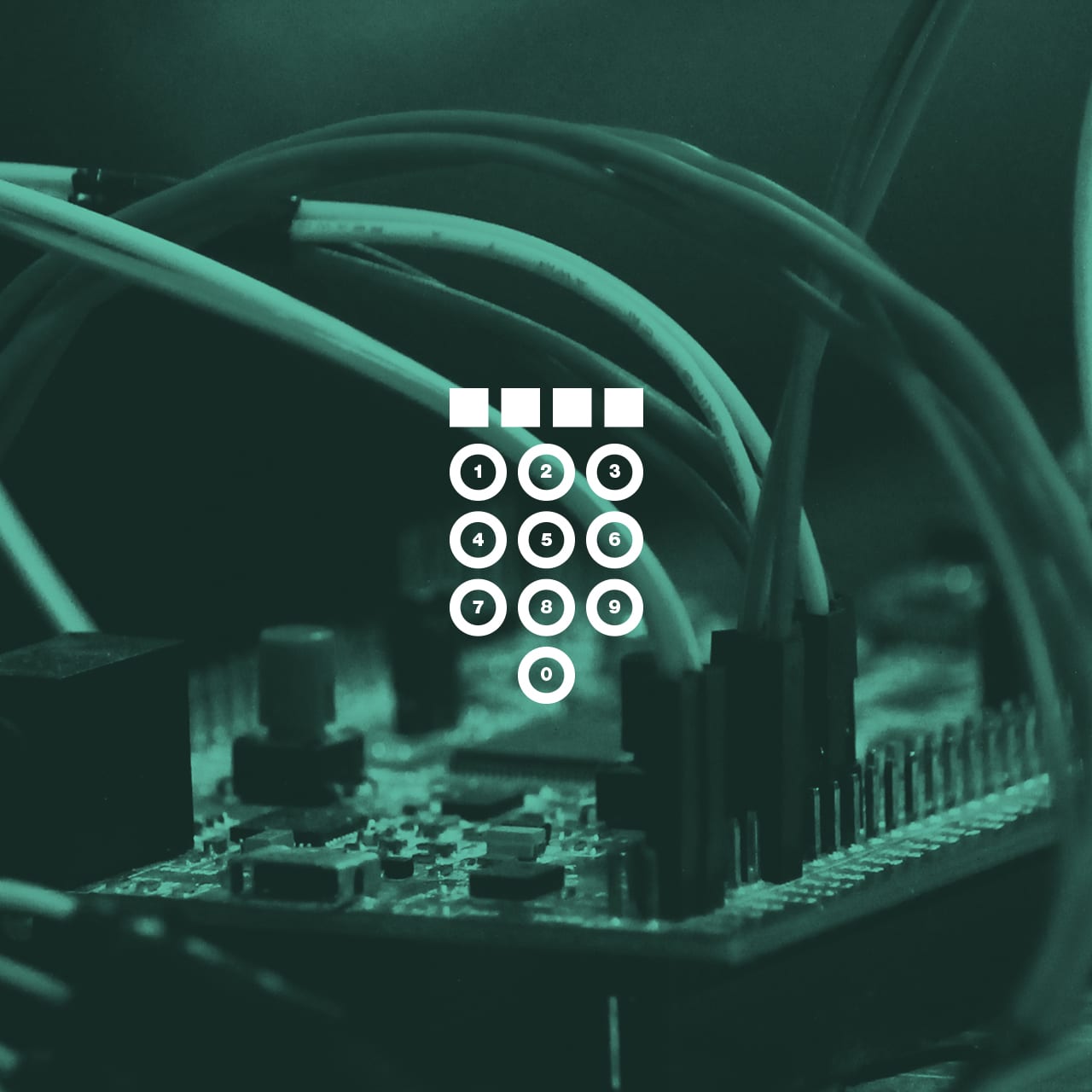
Last year, I closely followed the Games for Change festival, which showcases games designed for social impact. Not only did I geek out on the staggering range of topics — from educational console games to apps — I also downloaded a game called Papers, Please which had swept up a number of awards. This highly addictive game allows you to play the role of a border agent in a fictional Soviet Bloc country. Your job is to process voluminous amounts of paperwork while making decisions about who can enter the country — a choice that often has fatal consequences. I’d argue that the game is ultimately amoral and doesn’t have a social justice agenda. But if designer Lucas Pope had tweaked the storyline, he could easily have broadened its advocacy impact. Either way, it proved to me that game mechanics are as vital to the game as the subject matter. Papers, Please was fun to play.
So this week when Games for Change kicked off again in New York, I rushed to participate. Here are four lessons for activists from opening day:
1.) Social impact gaming is now a mature and diverse field. Instead of merely theorizing about designing games, numerous companies, universities, and individuals are already making them. For activists and educators, that means there’s a lot more to work with. Some good examples: Fort McMoney is a documentary/game that teaches people about the social problems in a booming oil-town. Virtual Chemistry is an educational game from South Africa that lets children who don’t have a real chemistry lab play with virtual chemicals and simulate reactions. And Never Alone (Kisima Ingitchuna) is a beautifully designed adventure game about an indigenous Iñupiat child. Importantly, the game was created with input from the local community.
2.) Designers are developing games on digital rights. Digital rights are becoming less and less a niche issue. This month, a group of students from the University of Utah grabbed headlines for their Net Neutrality video game called 404Sight, which pits the user against a horde of evil ISPs. It’s part Temple Run and part F-Zero (remember that one?) and the game has already been downloaded 50,000 times on Steam. Similarly, the Game Center at NYU worked with Bell Labs to transform surveillance cameras into a collaborative game that allows users to work together to clean up imaginary debris on a screen. (Of course, not all social impact games are digital. At our RightsCon Southeast Asia conference in Manila last month, the Filipino NGO Dakila launched a card game that allows players to collaborate on advocacy issues.)
3.) Designers need to get stronger on digital security. These games aren’t always secure. This year, hackers infiltrated the gaming site Twitch with a botnet. Back in 2011, an attack on Steam leaked users’ personal and credit card information. Yet at the sessions I attended, no one mentioned security. Games collect personal details such as emails, passwords, and location data — often from minors. Designers need to make security a higher priority. At Access, we encourage tech start ups to incorporate privacy by design rather than after the fact. The same should go for people who develop games. Maybe the best way to hammer this point home is to create a good digital security video game — put that on the agenda for next year’s conference.
4.) Gaming gives activists another way to measure impact. Social justice advocates already measure everything from campaign reach to website hits to the number of people who click on our emails (indeed, funders often demand this). Gaming gives you more metrics, such as the number of downloads and the length of time people spend playing a game. That said, as scholar Ben Stokes has observed, sometimes people measure a game’s impact incorrectly. More than 200,000 volunteers experimented with Foldit, a game that lets you design new proteins. It wasn’t necessarily a fun game, so it might not become a hit per se. But it did create an engaging way for people to work collectively to further research. That’s a different kind of impact, but absolutely worthwhile.
Games for Change will continue through the weekend. On Saturday, attendees will be able to play the winners of its various awards. Check it out.
And if you’re a fellow activist and want to stay updated on developments like this, I encourage you to sign up for our free weekly newsletter, the Access Express. It will give you updates on the fight for digital rights around the world, as well as articles like this one focusing on innovative strategies for engaging people in the movement.
photo credit: Surian Soosay
